
The Vegetable Dubbed the “King” of Cancer Prevention: Prepare It Right, and Its Benefits Multiply
When it comes to healthy eating, leafy greens and colorful vegetables often steal the spotlight. But there's one humble vegetable that stands out from the rest—so much so that scientists and nutritionists alike have dubbed it the “king” of cancer prevention. Not only is it packed with powerful compounds that help fight disease, but when prepared the right way, its health benefits can multiply significantly.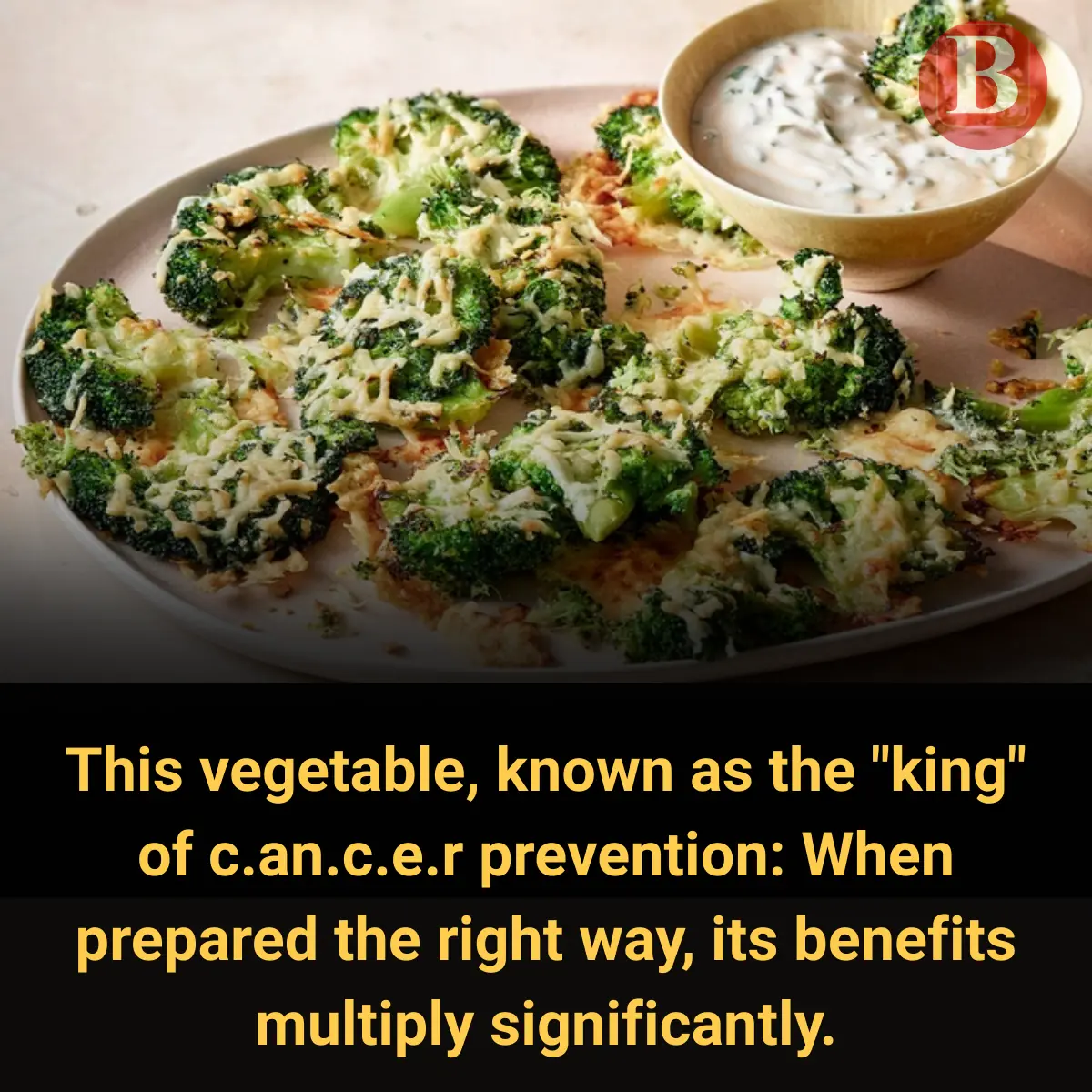
What Is This Miracle Vegetable?
We're talking about broccoli—a cruciferous vegetable that belongs to the same family as kale, cauliflower, and Brussels sprouts. While it might not look particularly exciting on your dinner plate, broccoli is one of the most nutrient-dense foods on the planet.
What makes it so special? One word: sulforaphane—a potent compound found in cruciferous vegetables that has been widely studied for its cancer-fighting properties.
Why Broccoli Is Called the “King” of Cancer Prevention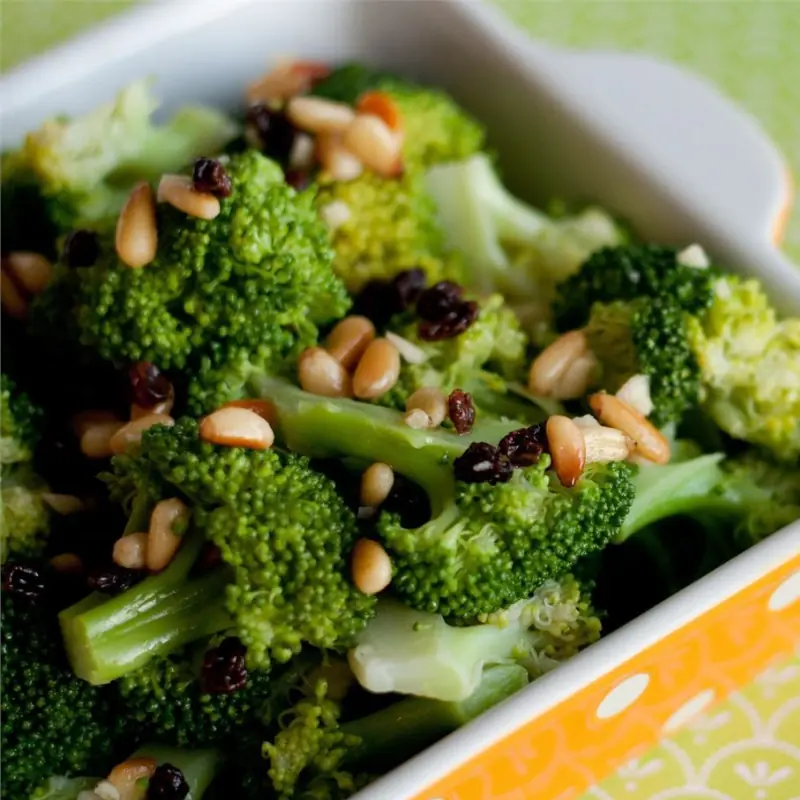
Sulforaphane, found in high amounts in raw or lightly cooked broccoli, has been shown to:
-
Neutralize carcinogens in the body
-
Reduce inflammation, which is often linked to cancer growth
-
Support detoxification enzymes in the liver
-
Protect DNA from damage
-
Slow tumor growth in some laboratory studies
Researchers have found that sulforaphane can be particularly effective in lowering the risk of cancers such as breast, prostate, colon, and lung cancer.
The Secret to Unlocking Broccoli’s Full Power: How You Cook It Matters
Here’s something most people don’t realize: how you cook broccoli can make or break its health benefits. Sulforaphane is produced when the enzyme myrosinase interacts with a compound called glucoraphanin. However, high heat can destroy myrosinase, meaning you may miss out on broccoli’s most powerful compound if you overcook it.
To get the most cancer-fighting benefit from broccoli:
-
Lightly steam it for 3–4 minutes. This preserves the enzyme and maximizes sulforaphane production.
-
Avoid boiling or microwaving for too long, which destroys the enzymes.
-
Chop and let it rest. Cutting broccoli and letting it sit for 10–15 minutes before cooking allows the enzymes to activate sulforaphane in advance.
-
Pair it with raw mustard seeds or daikon. These contain myrosinase and can help restore the lost enzymes if your broccoli is cooked.
Bonus Tip: Try Broccoli Sprouts
If you want to take things up a notch, broccoli sprouts contain up to 100 times more sulforaphane than mature broccoli. Just a handful of these tiny greens can deliver a concentrated dose of cancer-fighting power.
News in the same category


Adding salt to beer: 9 out of 10 people actually need this trick — you’ll thank me once you learn it

‘BLO.OD RAIN’ turns the beach red, locals panic and recall prophecies of the end of the world

Frequently waking up between 3–4 am? Warning signs of 5 silent health problems many people ignore
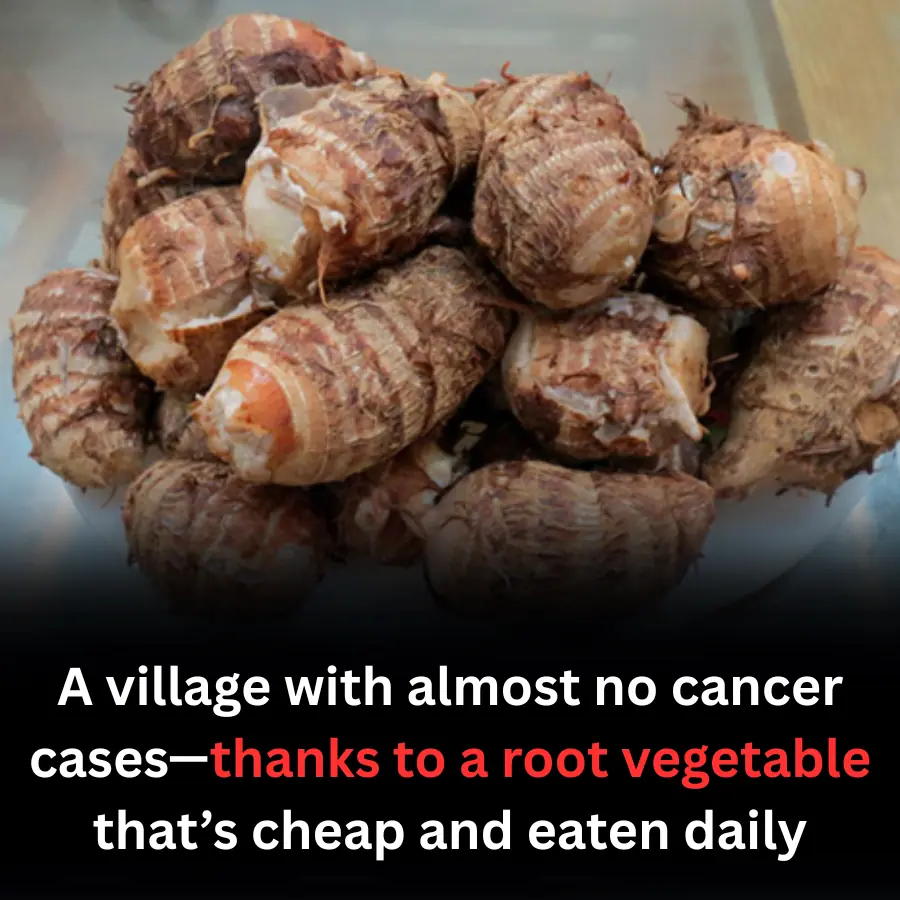
A village with almost no cancer cases—thanks to a root vegetable that’s cheap and eaten daily
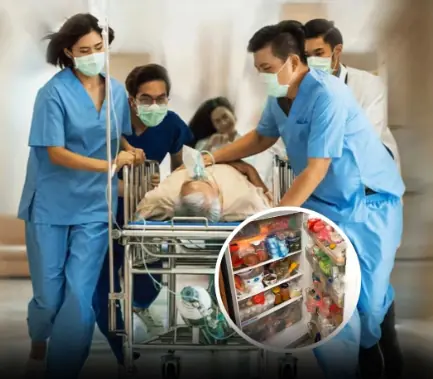
5 foods you should never keep overnight
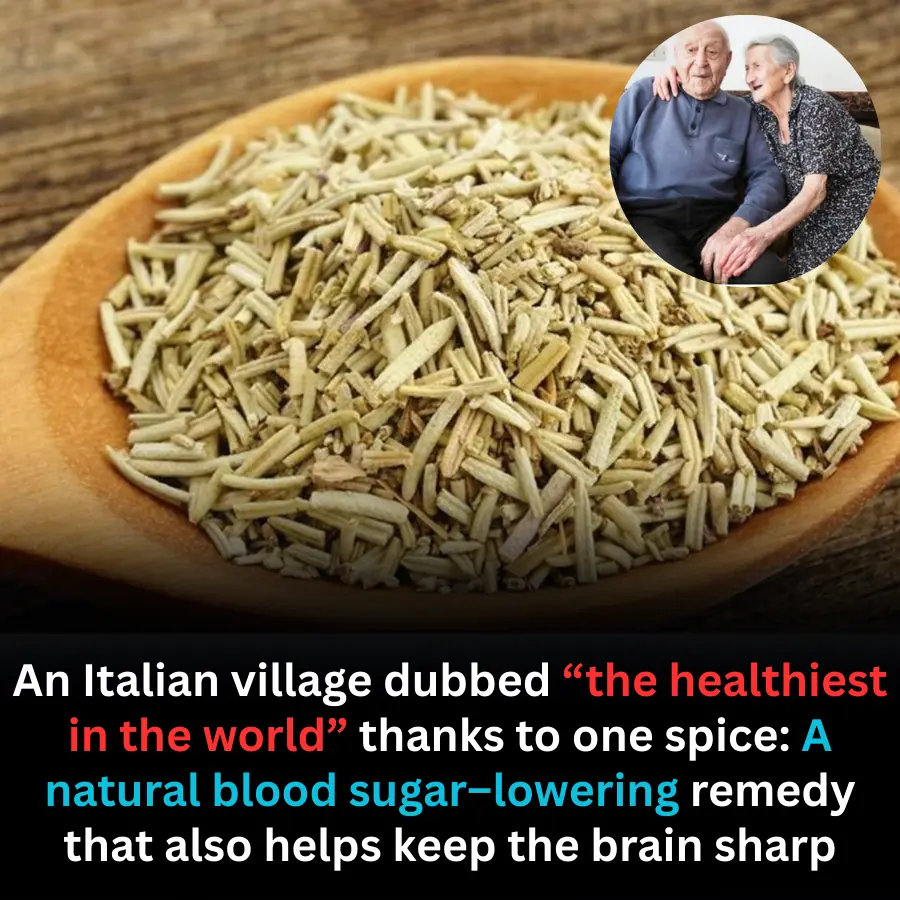
The Italian Village Known as “The Healthiest in the World” — Thanks to One Everyday Spice

Green or Orange Dot on Your Phone? Experts Warn It Could Be a Privacy Alert

To know if your internal o.r.gans are infected, just look at your feet. If there are 3 signs, you need to go to the emergency room

Health Warning: Never Do This While Showering — It Can Be Far More Dangerous Than You Thin

A Simple Home Hack: Light a Candle in a Pineapple Shell and Enjoy Unexpected Benefits

Food Safety Warning: 3 Types of Tofu You Should Never Buy, Even at a Bargain Price

Why people with green eyes are so fascinating?

Why you shouldn’t build a toilet under the stairs?

Why you should leave the bathroom light on when staying in a hotel or motel?
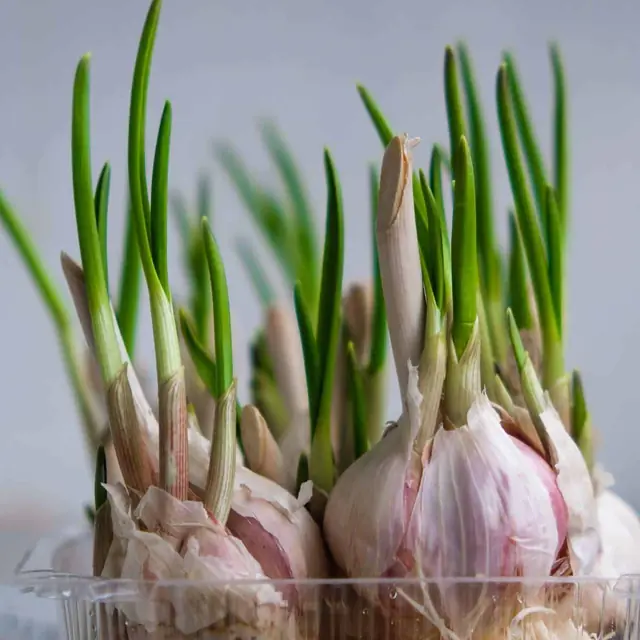
If These 4 Foods at Home Start Sprouting, Don’t Throw Them Away: They’re Not To.xic—They’re Even More Nutritious!

Goodbye fleas, ants, and cockroaches with this home remedy
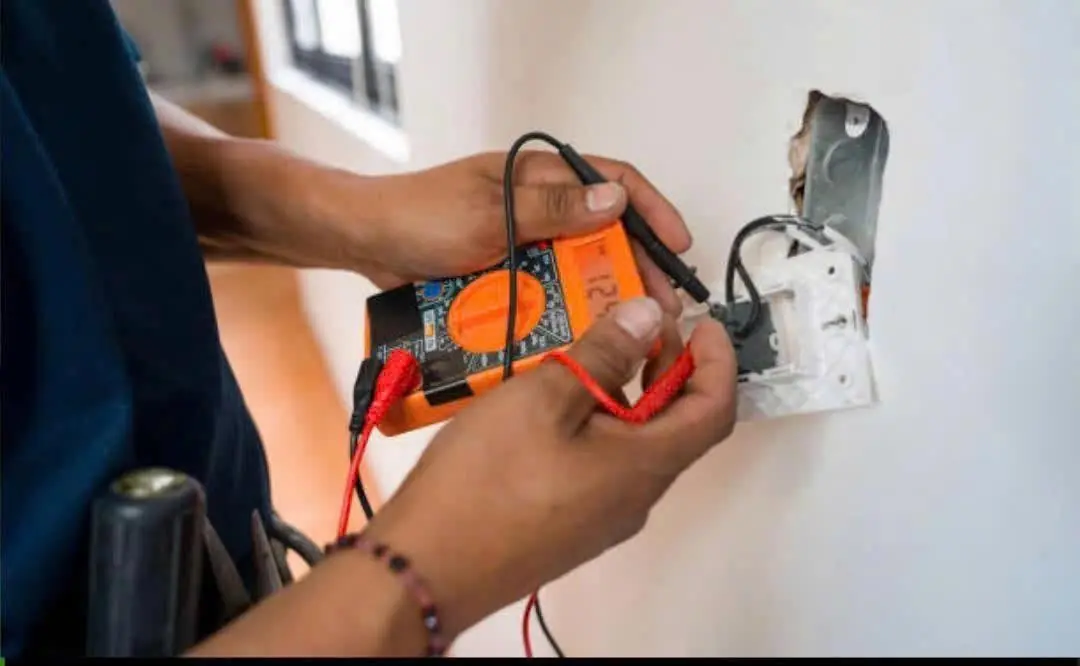
Turns out this is what costs us more electricity than anything else

Try picking a few plants from this list and see what good things come your way!

Clothes come out of the wash wrinkled? Add this cheap item to the washing machine—laundry comes out smooth and fresh
News Post

Is there a difference in lifespan between people who nap and those who don’t? Research reveals surprising finding

Adding salt to beer: 9 out of 10 people actually need this trick — you’ll thank me once you learn it

People who live long lives often share 6 sleep-related traits: Having just one is already a good sign

‘BLO.OD RAIN’ turns the beach red, locals panic and recall prophecies of the end of the world

Frequently waking up between 3–4 am? Warning signs of 5 silent health problems many people ignore

Drinking water this way damages the kidneys and harms the liver — yet many people still believe it’s healthy

A village with almost no cancer cases—thanks to a root vegetable that’s cheap and eaten daily
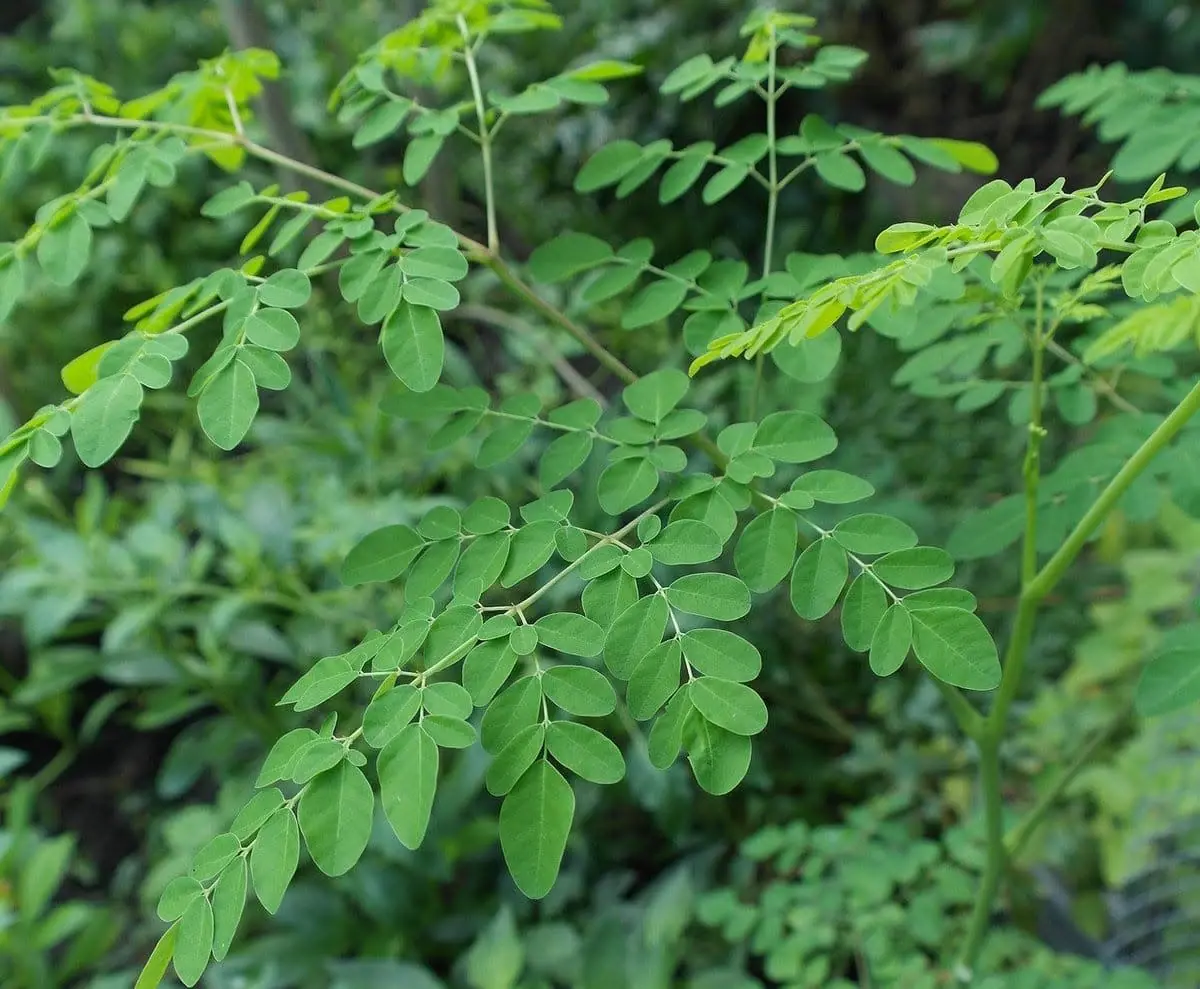
The Vegetable Known as the “Poor Man’s Beef”: Richer in Vitamin C Than Oranges and Lemons—When Used Properly, It’s as Beneficial as a Supplement, and It’s Widely Available
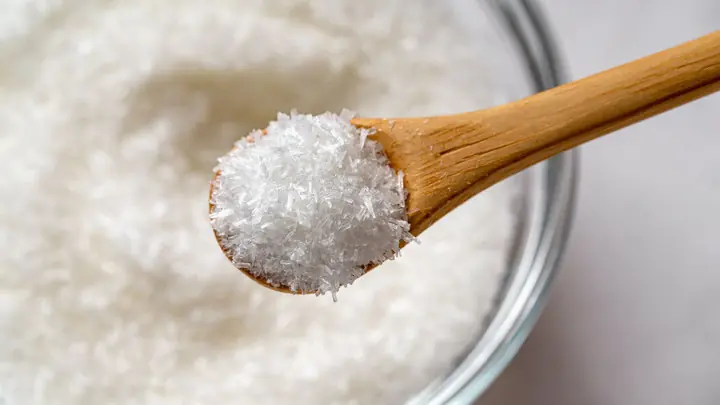
Eating MSG (Monosodium Glutamate) Can Be Harmful for These 3 Groups of People

Cream-Filled Brioche French Toast with Berries

Breakfast Croissant Sandwich with Bacon & Scrambled Eggs
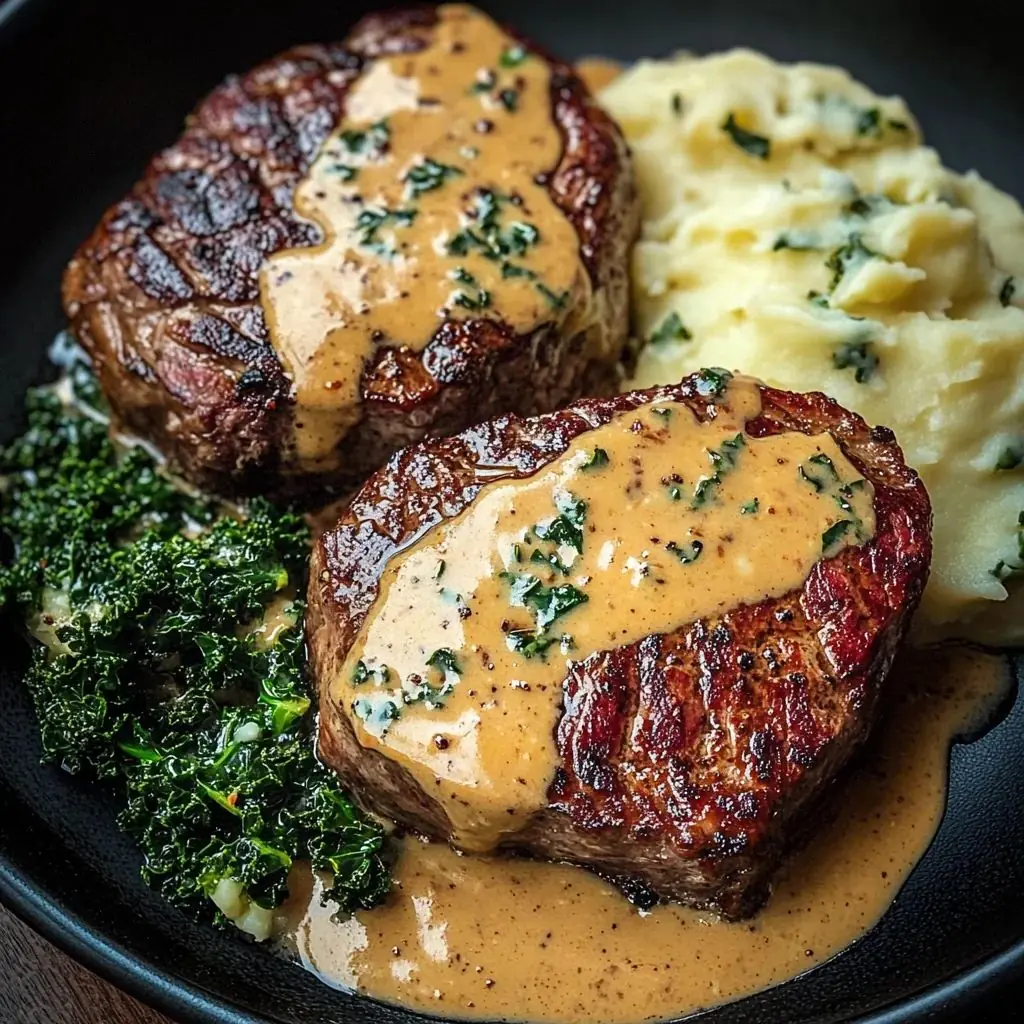
Pan-Seared Filet Mignon with Creamy Pepper Sauce
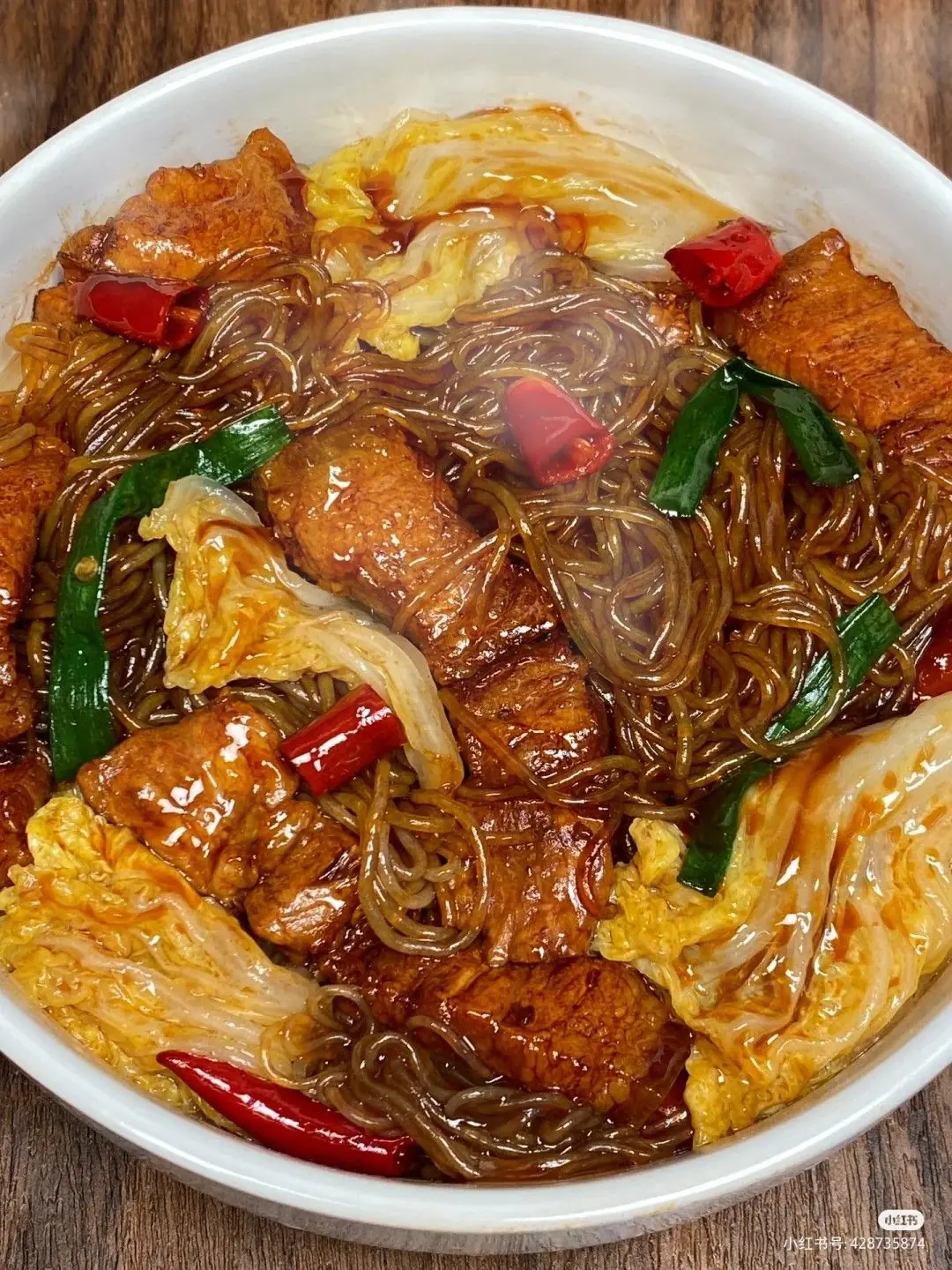
Braised Glass Noodles with Tofu & Napa Cabbage
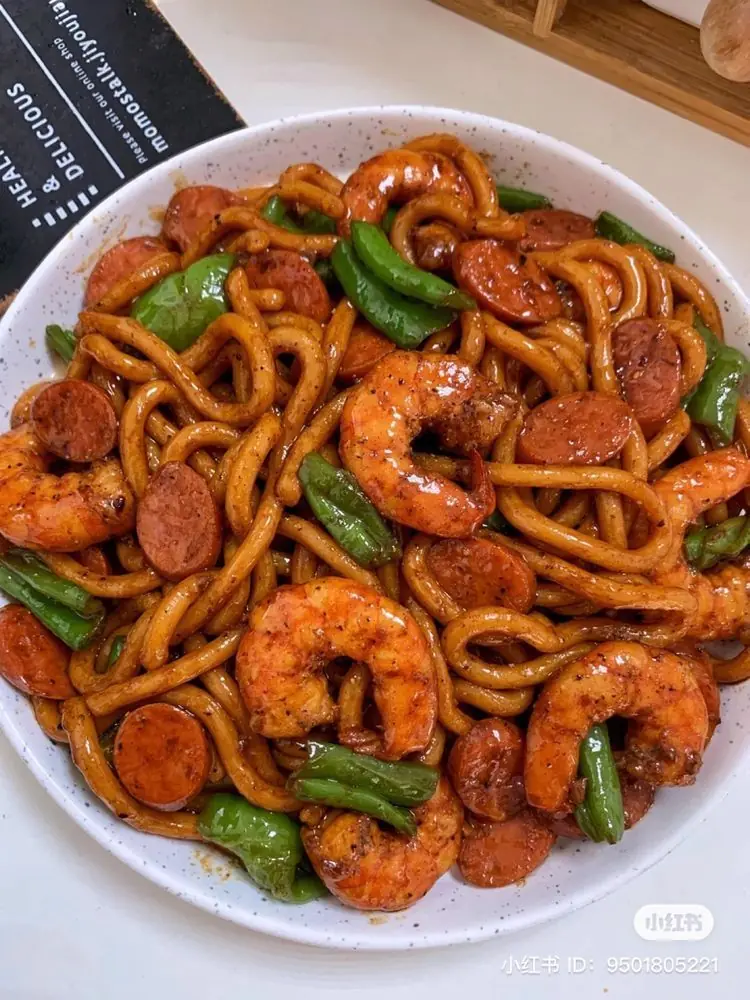
Shrimp Stir-Fried Noodles (Asian-Style)

Is showering at night better for your health? What science and experts say?
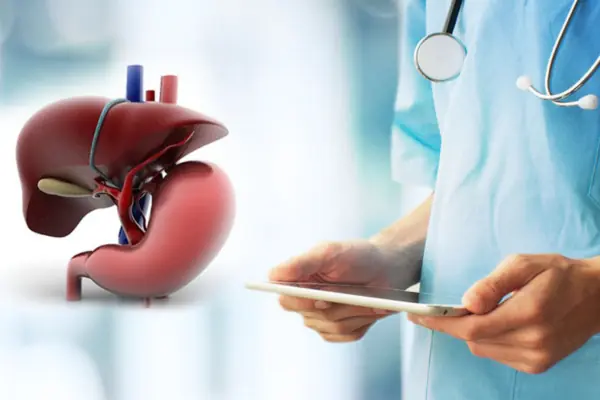
Drinking Water This Way Can Dam.age Your Kid.neys and Harm Your Li.ver — Many People Still Think It’s Good

Mixed Grilled Steak Platter with Sauces

If you drool while sleeping often, check for these 6 diseases

One Month Before A Heart Attack, Your Body Will Warn You Of These 7 Signs
